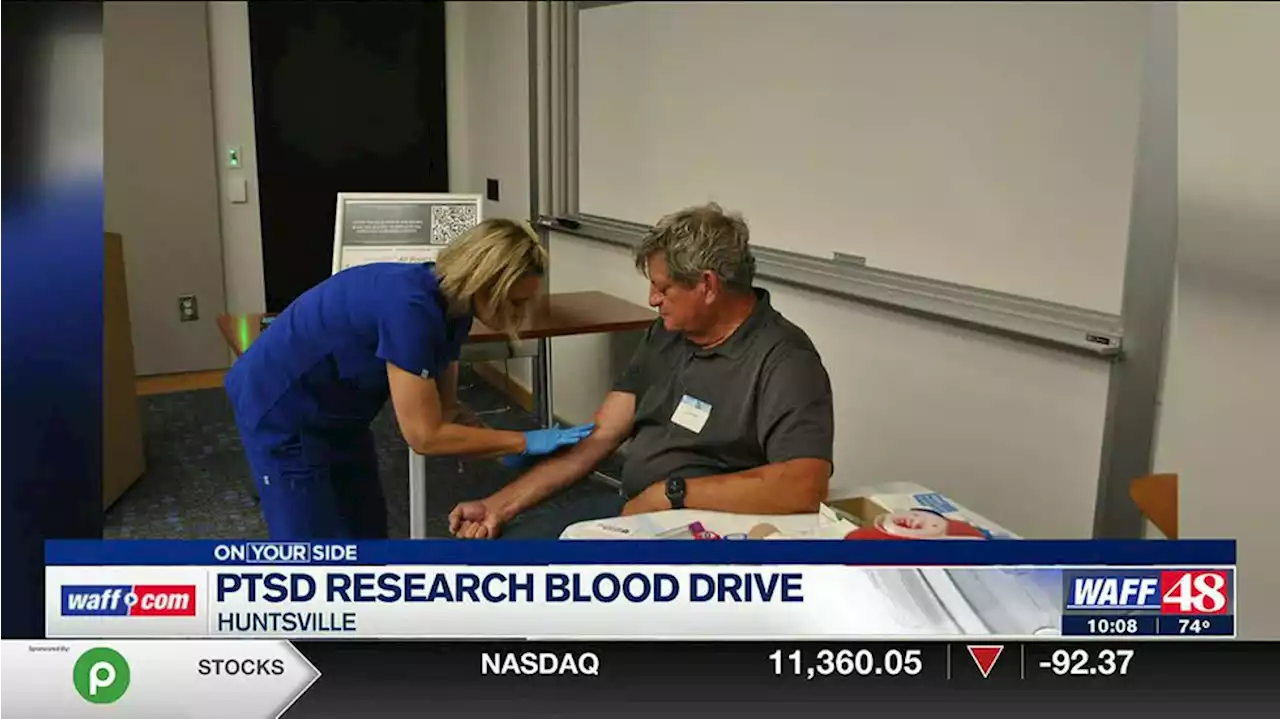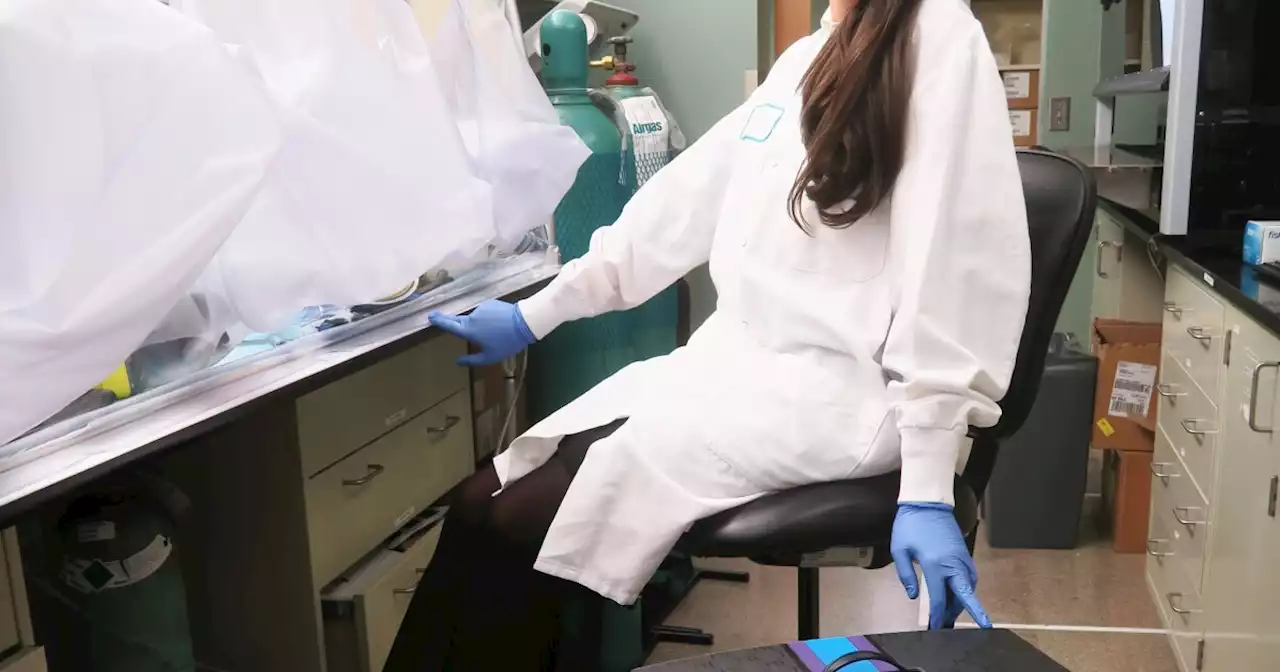When your immune system tires out, disease risk goes up. But there are ways to keep your immunity young and strong.
Specifically, they measured the percentage of T-cells, which the thymus gland produces. These cells make up an important component of
because they help fight off infection. As people age, tissue in the thymus gland shrinks, resulting in reduced production of T-cells, which is one reason why older people may be at higher risk of disease development.in the study had “older” immune systems, with lower amounts of T-cells. Most notably, they had less of what’s called “naive T-cells,” which haven’t yet encountered antigens like viruses and bacteria.
“Ideally, you want to have a large, diverse group of these naive T-cells so that they can be ready to respond to new threats you haven’t encountered before, including novel threats like
United States Latest News, United States Headlines
Similar News:You can also read news stories similar to this one that we have collected from other news sources.
 Traumatic Brain Injuries In Children, Especially Girls, Shows A 20-Year IncreaseA new study suggests that sports and sporting equipment are increasing traumatic brain injuries in children.
Traumatic Brain Injuries In Children, Especially Girls, Shows A 20-Year IncreaseA new study suggests that sports and sporting equipment are increasing traumatic brain injuries in children.
Read more »
 Blood drive for research looking to provide screening tool for PTSDTwo research groups, Inner Defense Initiative, and Little Orange Fish, believe they have found a link between an immune response in the body and PTSD.
Blood drive for research looking to provide screening tool for PTSDTwo research groups, Inner Defense Initiative, and Little Orange Fish, believe they have found a link between an immune response in the body and PTSD.
Read more »
 Can bacteria in your gut boost cancer therapies? A San Diego startup thinks soPersephone Biosciences is working a technology platform for products that target microbes linked to a healthy immune system.
Can bacteria in your gut boost cancer therapies? A San Diego startup thinks soPersephone Biosciences is working a technology platform for products that target microbes linked to a healthy immune system.
Read more »
 Beyoncé Releases Track List for 'Renaissance'And suggests there may be more coming.
Beyoncé Releases Track List for 'Renaissance'And suggests there may be more coming.
Read more »
 Micro-Arousals Can 'Wake' The Brain a Hundred Times a Night, Study in Mice SuggestsIt might surprise you to know that even during the depths of sleep, your brain cycles through brief bouts of wakefulness.
Micro-Arousals Can 'Wake' The Brain a Hundred Times a Night, Study in Mice SuggestsIt might surprise you to know that even during the depths of sleep, your brain cycles through brief bouts of wakefulness.
Read more »
 Worsening Depression Can Precede Stroke in Older Adults'Stroke seems to alter the course of depressive symptoms in more complex ways than previously thought,' say researchers.
Worsening Depression Can Precede Stroke in Older Adults'Stroke seems to alter the course of depressive symptoms in more complex ways than previously thought,' say researchers.
Read more »
